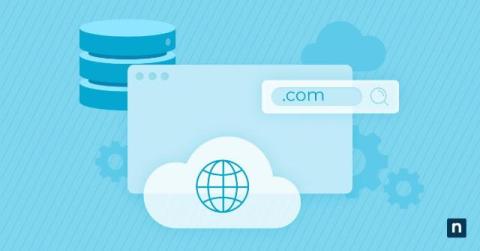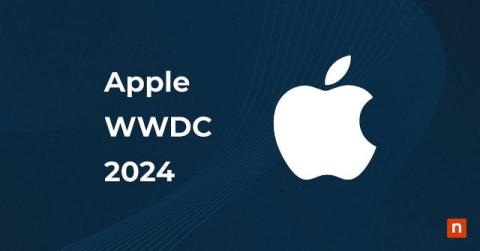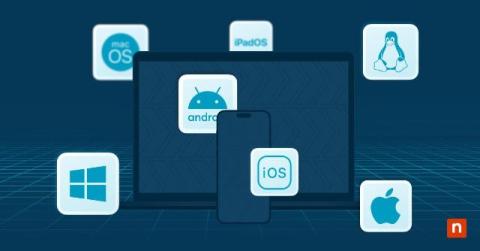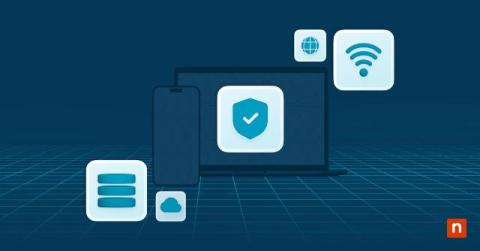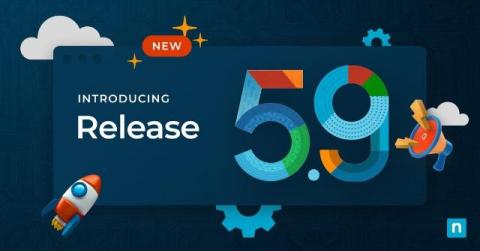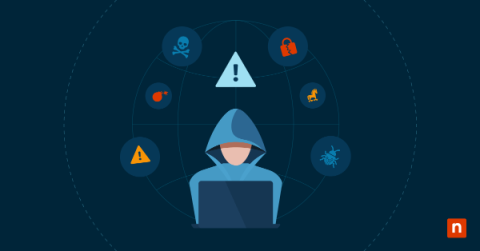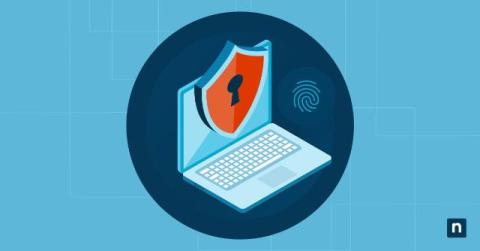What Is a DNS Resolver & How to Set It Up
DNS resolvers play an important role in the functionality of the internet, enabling you to access websites using domain names instead of IP addresses. Understand what DNS resolvers are, their core functions and how to set them up and maintain them effectively for better network performance and security.


